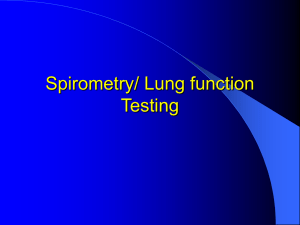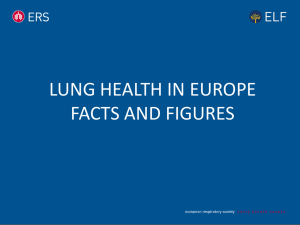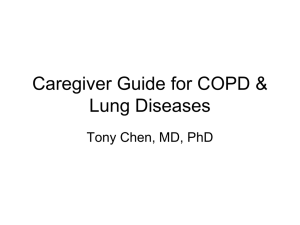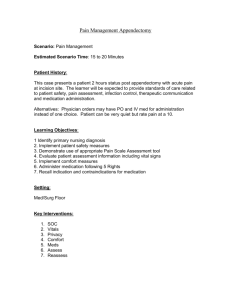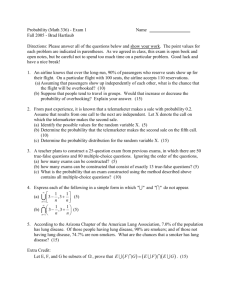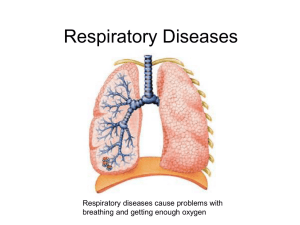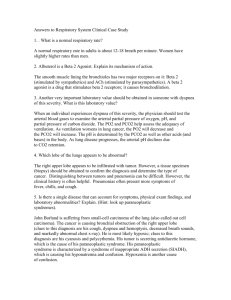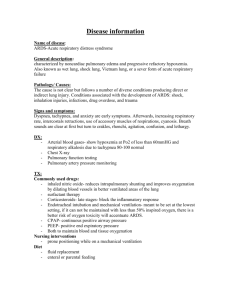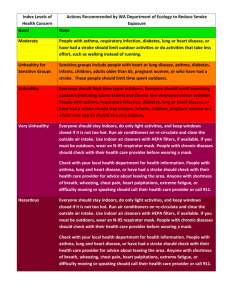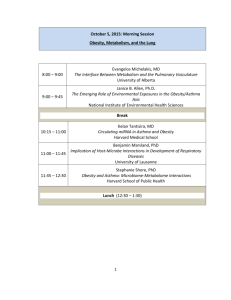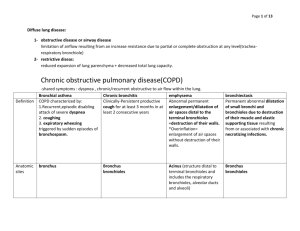Talking Points for the American Lung Association of Washington
advertisement
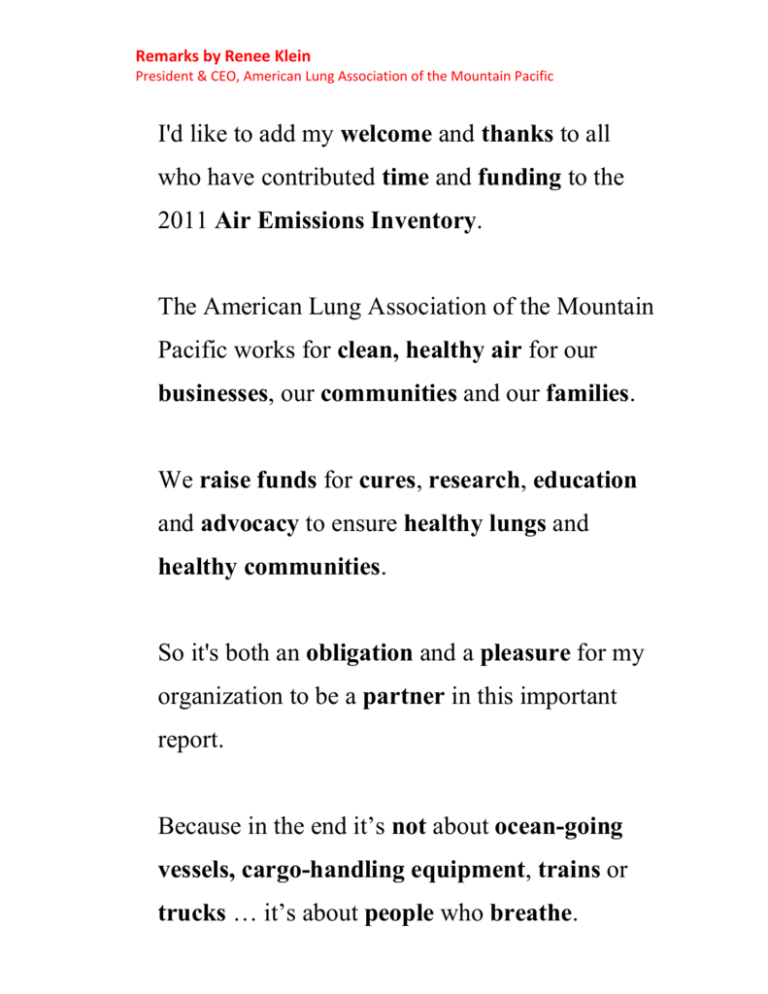
Remarks by Renee Klein President & CEO, American Lung Association of the Mountain Pacific I'd like to add my welcome and thanks to all who have contributed time and funding to the 2011 Air Emissions Inventory. The American Lung Association of the Mountain Pacific works for clean, healthy air for our businesses, our communities and our families. We raise funds for cures, research, education and advocacy to ensure healthy lungs and healthy communities. So it's both an obligation and a pleasure for my organization to be a partner in this important report. Because in the end it’s not about ocean-going vessels, cargo-handling equipment, trains or trucks … it’s about people who breathe. This Inventory highlights the importance of reducing emissions, and the gains that have been made since the 2005 report -- pollution prevention and control initiatives that are providing tangible public health benefits. The greater Puget Sound region is a significant air shed, affecting a large population. For fortunate people like me and maybe you, breathing is something we do every day with ease, without thinking much about our air. Unfortunately, this is not true for the over halfmillion people living in the Puget Sound area who suffer from asthma, chronic bronchitis, emphysema and other lung diseases. Excessive exposure to pollutants contributes to increased rates of lung cancer, chronic respiratory disease, impaired lung development in children and cardiovascular disease. Washington’s youth are particularly vulnerable, because 80 percent of lung development occurs after birth -- young lungs exposed to air pollutants may never fully develop into healthy adult lungs. We also know that Washington has some of the highest rates of asthma in the country -- nearly 1 in 9, versus the national average of 1 in 12. This disease kills over 100 Washingtonians each year. So for the 120,000 Washington children living with asthma, the gains identified in this 2011 inventory are, literally, life savers. COPD (chronic obstructive pulmonary disease) is another chronic lung disease where people experience difficulty breathing and shortness of breath on their good days and when breathing clean, healthy air. For people with lung diseases like asthma and COPD, the progress identified in the inventory means fewer asthma attacks, fewer trips to the emergency room, fewer missed school days and fewer missed days at work. But improving air quality is not just critical for those with lung disease ... all children, the elderly, those with cardiovascular disease and diabetes are all vulnerable, as are poor communities since they are often located near highways, factories, and other sources of pollution. And while health impacts are directly related to the concentration and duration of exposure, we know that even fairly low or moderate levels of air pollutants affect our health. That’s why the Lung Association applauds our local maritime partners who are taking voluntary steps to reduce emissions around our vital ports that have ripple effects for port neighbors, for workers, and community neighborhoods where our families live, work and play. The partners you see here today are creating healthy communities. They are implementing cost-effective pollution control programs and voluntarily reducing emissions, including diesel pollution, through cleaner fuels, cleaner technology and cleaner operating processes. As an organization whose mission is to save lives and improve health, the American Lung Association would like to commend the numerous public and private maritime organizations, ports -- commissioners and staff, air agencies, environmental and public health advocacy groups responsible for this improvement. The American Lung Association tag line is “fighting for air.” It represents our organizational efforts to advocate for healthy air . . . as well as the private, personal battle of those with lung disease who simply fight to breathe every day. On their behalf, thank you for these gains. We’d also like to challenge everyone here and the Puget Sound maritime community to make further gains in the years ahead.
